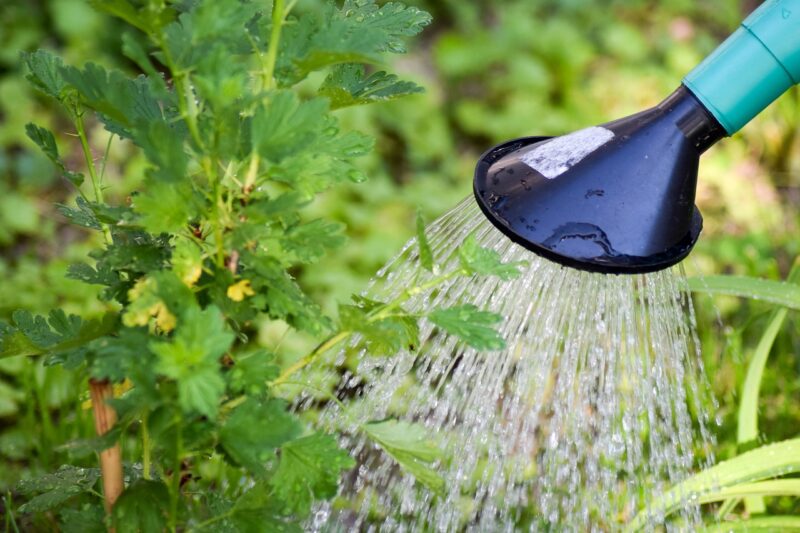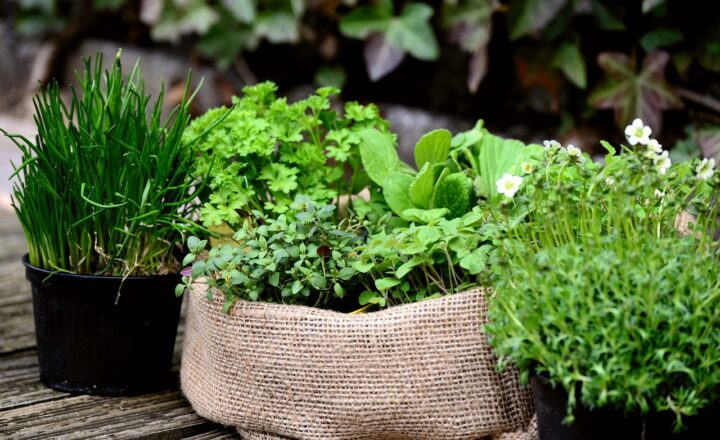
Gardening is a fulfilling hobby that brings beauty, sustainability, and even fresh produce into your life. However, for beginners, the gardening journey often includes a few missteps. In this article, we’ll cover the five most common mistakes new gardeners make and provide tips to help you avoid them.
1. Overwatering or Underwatering
Watering is essential, but beginners often struggle to find the right balance. Overwatering can lead to root rot, while underwatering can leave plants dehydrated and stressed. To avoid this, research the specific watering needs of your plants and check the soil moisture regularly.
Tip: Invest in a soil moisture meter to gauge the moisture levels accurately, or use the finger test by sticking your finger about an inch into the soil.
2. Choosing the Wrong Plants for Your Climate
Selecting plants that aren’t suited to your local climate can lead to disappointment. New gardeners sometimes choose plants based on looks rather than climate compatibility, which can result in struggling plants. Understand your USDA hardiness zone to pick plants that will thrive in your area.
Tip: Visit local nurseries to find plants specifically recommended for your climate zone. Native plants are also a great choice, as they are adapted to the local environment.
3. Not Preparing the Soil Properly
Good soil is the foundation of a successful garden. Beginners often plant without testing or preparing their soil, leading to poor plant growth. Healthy soil should have the right balance of nutrients and a good structure for roots to grow.
Tip: Test your soil’s pH and nutrient levels. Add organic matter, such as compost, to improve soil quality. Adjust the pH and add nutrients as needed to create a thriving environment for your plants.
4. Planting Too Close Together
It’s tempting to pack plants closely to fill up a garden quickly, but overcrowding leads to competition for resources, such as light, water, and nutrients. Overcrowded plants are also more susceptible to pests and diseases due to poor air circulation.
Tip: Check the recommended spacing requirements for each plant and stick to them. Proper spacing allows plants to grow healthily and helps prevent disease.
5. Ignoring Pest Management
New gardeners might overlook pest control until it’s too late. While some pests are harmless, others can devastate a garden. Implementing a basic pest management plan helps prevent infestations and keeps plants healthy.
Tip: Regularly inspect plants for signs of pests and consider using natural deterrents, like neem oil or introducing beneficial insects. Research common pests in your area and learn how to recognize early warning signs.
Conclusion
Gardening is a rewarding process, but it takes time and experience to master. By avoiding these common mistakes—overwatering, choosing incompatible plants, neglecting soil preparation, overcrowding, and ignoring pest management—new gardeners can set their gardens up for success. Remember, every mistake is a learning opportunity, and with a bit of patience, you’ll be on your way to a flourishing garden.






